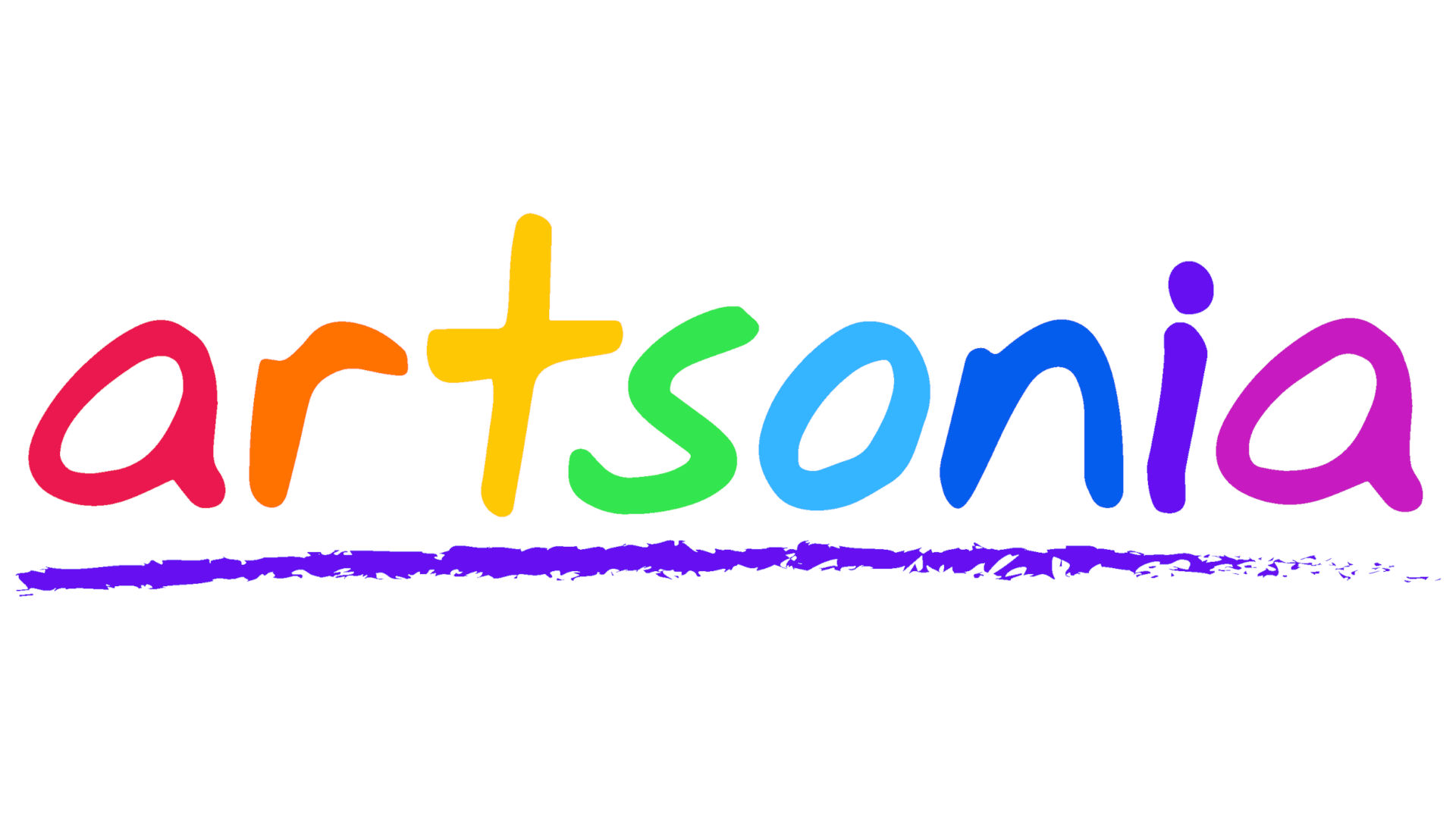DO WE EVEN NEED TO TEACH STUDENTS TO USE TECH ANY MORE?
Tools and ideas to transform education. Sign up below.
You are now subscribed
Your newsletter sign-up was successful
This year, I decided to make a change. I will no longer directly “teach technology.” Instead, I want to develop meaningful applications (and review) of the tools to jump right into relationship-building, inquiry, exploration, and learning. Here’s how:
Building Capacity: As always, context matters. I know that all of last year’s eighth and ninth graders used Chromebooks and Google Classroom, so I can feel more comfortable jumping right in. Communities are new to the freshman, so I’ll spend a little more time letting them explore the platform.
Developing Skills: The best teaching, in my experience, combines skills and content.
We don’t study literary elements or vocabulary in isolation in my English class, but to develop deeper understandings of literature. Similarly, use of technology should help to personalize students’ learning, developing skills like citizenship, autonomy, and perseverance.
Teaching for Learning: Despite not directly teaching technology skills to start the school year, it’s important to remember that just because students can use the technology doesn’t always mean that they’re ready to use it effectively in their learning. Students will often learn to use technology on their own. But it’s our job as educators to make sure that they use it responsibly, effectively, and to enhance learning.
In the end, as usual, it’s about knowing your students, their comfort and experiences, and your goals. Sometimes it pays to let them play and explore with technology without academic pressure—that type of play often pays off with a deeper understanding of the tools. The bottom line for me—in all of my teaching this year—is to trust students to learn, iterate, adapt, and persevere. I think we will all be better off for it.
Tools and ideas to transform education. Sign up below.
